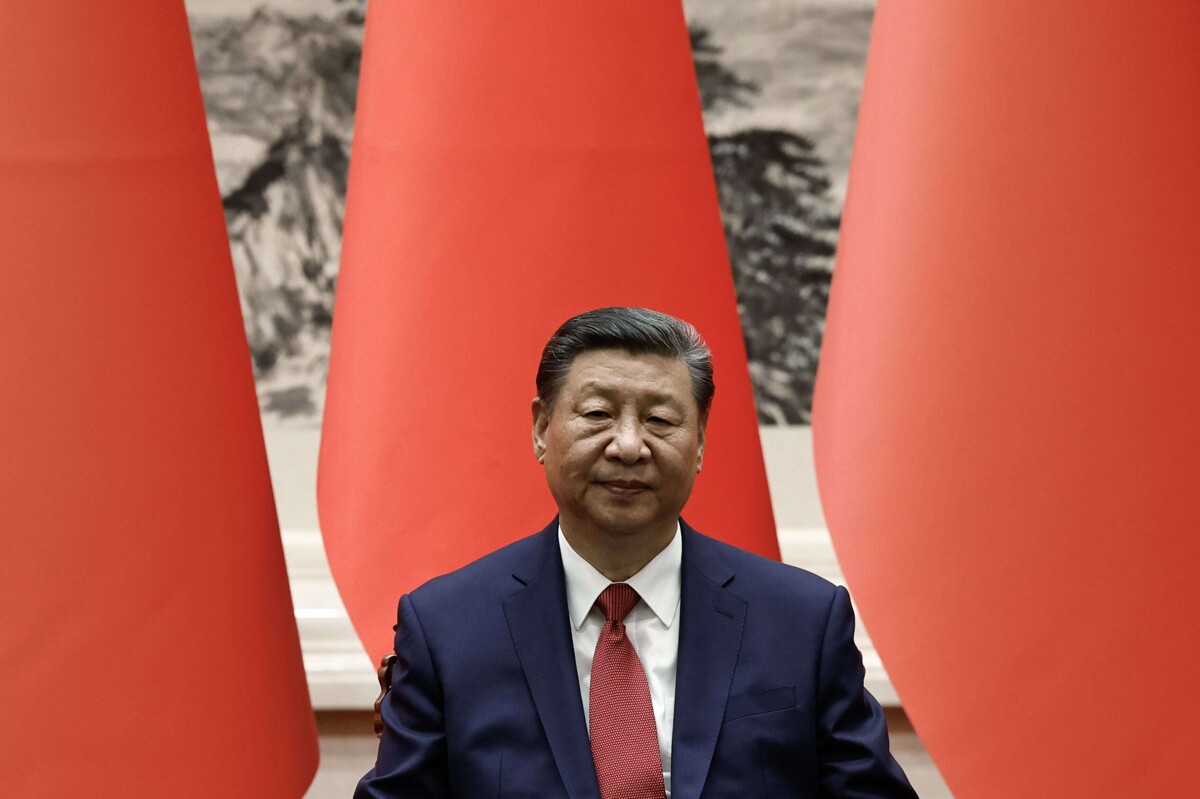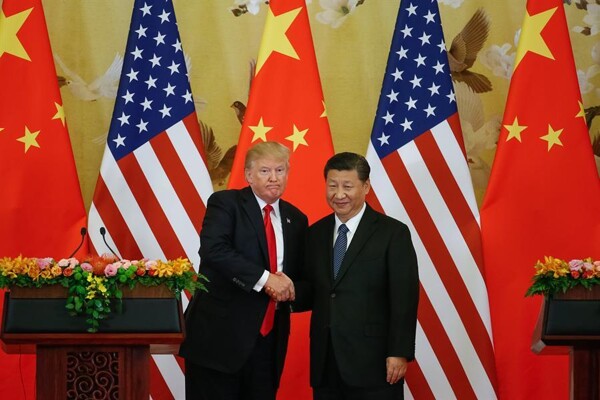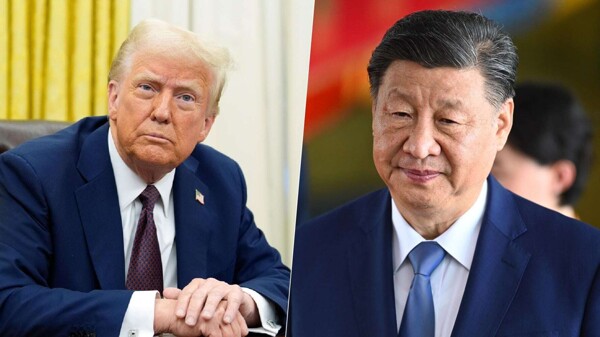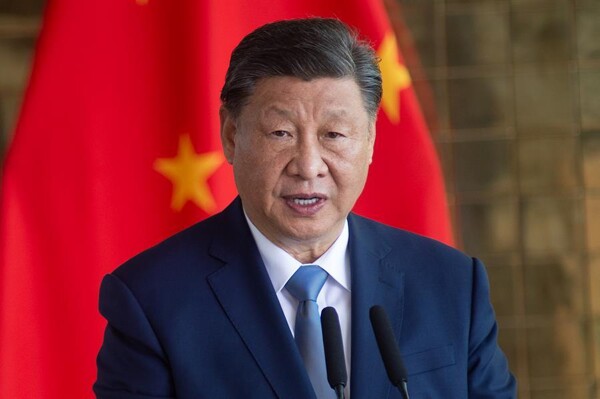
Trade tensions between the United States and China continue to rise. After the U.S. announced additional tariffs on Chinese products worth more than $450 billion, China has responded with its own measures. Although there is still the option to postpone or cancel the tariffs before they come into effect on February 10, the atmosphere of uncertainty persists.
According to Julian Evans-Pritchard, an economics expert, the measures taken so far do not affect strategic products such as high-end chips, semiconductor machinery, pharmaceuticals, and aerospace equipment. However, recent decisions by China, such as the investigation against Google and the inclusion of U.S. companies on the 'blacklist,' could signal a change in China's stance towards U.S. pressures.
Chinese authorities have announced a series of measures, including antitrust investigations, export controls on metals like tungsten and bismuth, and the imposition of tariffs on U.S. products such as liquefied gas and oil, among others. These actions add to China's trade reprisals, which aim to send a message without inflicting considerable damage.
The Chinese Ministry of Commerce has taken stern actions by including companies such as Illumina, PVH Group, and Google on its list of 'unreliable entities,' accusing them of harmful trade practices against Chinese firms. Additionally, export controls on certain metals have been implemented to protect Chinese national interests.
As trade tensions between the two powers escalate, experts warn that China's reprisals may not be sufficient to pressure the U.S. to reverse its measures. With the risk of further escalation on the horizon, the economic landscape between the United States and China is becoming increasingly tense.













